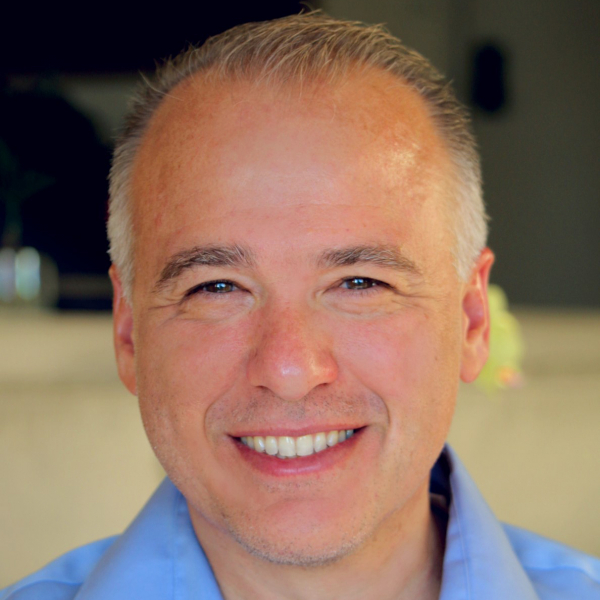Gus Rosania Named 2018 AAPS Fellow

The American Association of Pharmaceutical Scientists (AAPS) recently announced its 2018 AAPS Fellows, which includes Gus Rosania, PhD, professor of pharmaceutical sciences at the U-M College of Pharmacy. Each year, AAPS elevates a select group of members to Fellow Status in recognition of their professional excellence and sustained superior impact in fields relevant to AAPS’s mission: to advance the capacity of pharmaceutical scientists to develop products and therapies that improve global health.
Dr. Rosania’s research program combines biological, chemical, and physical analysis methods and tools to develop drugs with enhanced therapeutic indexes and decreased risks of side effects. “Members of my research group share a common vision: to advance healthcare by improving the efficacy and toxicity properties of drug candidates entering clinical trials by engineering drug transport properties from the molecular level to the systems level,” explains Dr. Rosania.
“At the University of Michigan, I have been able to establish a successful research program,” continues Dr. Rosania. “As a principal investigator for over fifteen years, I have led an interdisciplinary group of biologists, chemists, mathematicians and engineers, with the goal of developing small molecule drugs that specifically accumulate at their intended sites of action in the body, while avoiding accumulation in off-target sites. In the process, I have served as advisor and mentor of many undergraduate, graduate and postdoctoral students, most of whom are now pursuing related research careers at academic institutions, the FDA, and the pharmaceutical industry, where they are transforming the manner in which new drugs are designed, developed and approved.”
AAPS is a professional, scientific organization of more than 9,000 members employed in academia, industry, government, and other research institutes worldwide. Founded in 1986, AAPS advances the capacity of pharmaceutical scientists to develop products and therapies that improve global health.



